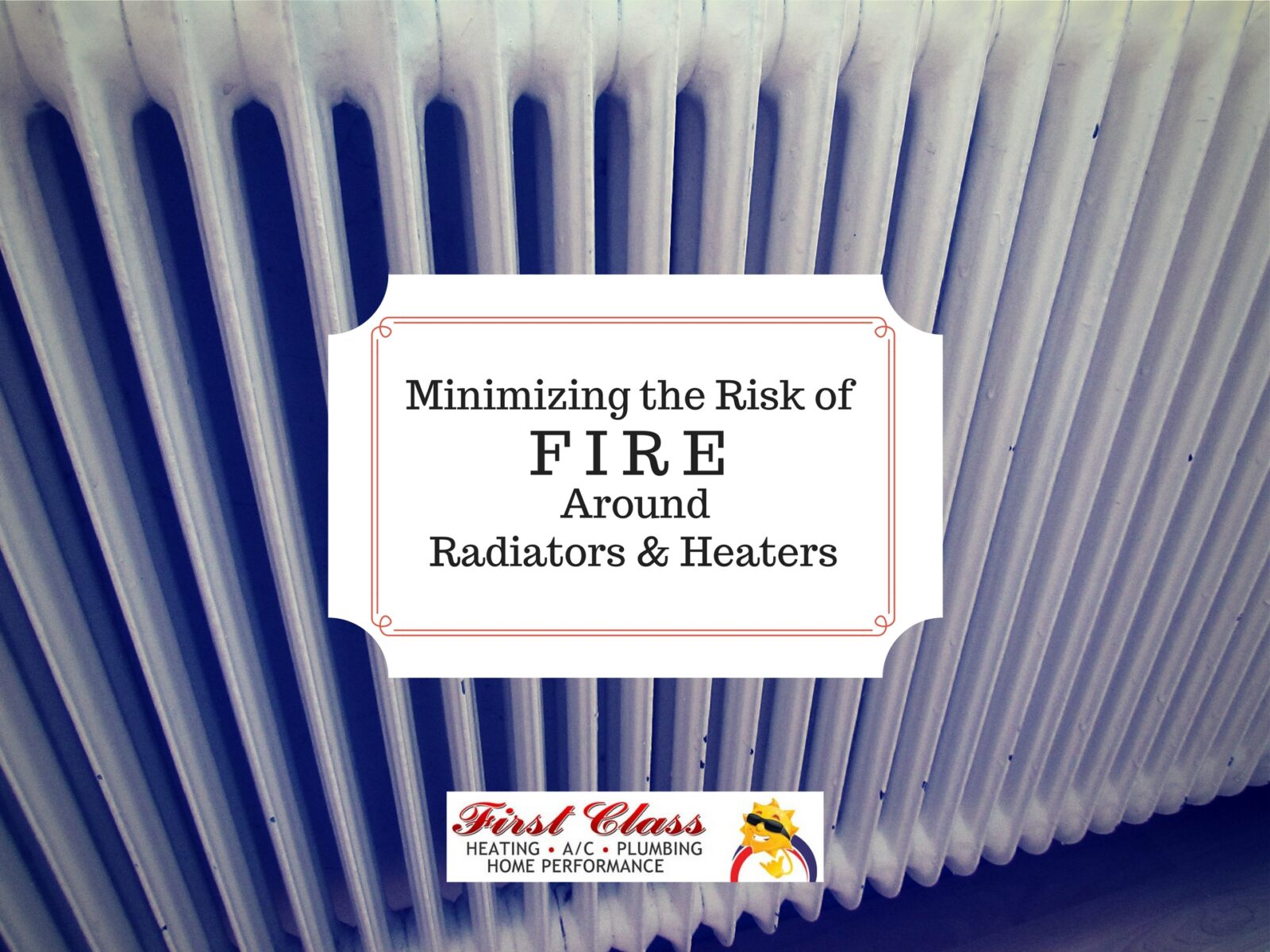
Keeping your family and yourself save from fire hazards is an important consideration during winter months in Delaware and Maryland. With the central heating in your home and additional heating sources, like space heaters, operational, you should be vigilant in making sure you are not increasing the potential for fires to occur.
Can Radiators and Heaters Cause a Fire?
Electric radiators and heaters can cause fires in some cases. The National Fire Protection Association lists two main reasons these heating units contribute to fires in the home:
- The unit to located too closely to flammable material
- Dirty chimney
Water radiators generally will not start a fire because they do not become hot enough. However, fragile materials placed close to or on a water radiator can burn. For example, thin plastic near a water radiator might warp because of the radiator’s heat. It is therefore advisable to apply the tips below even if your Delaware or Maryland home has water radiators.
How to Prevent Fire Hazards Associated with Radiators and Heaters
First and foremost, it is important to keep your electric radiators and heaters, as well as the heating system they might be connected to, in good working condition. If the heating units sustained any damage, including water damage, they should be turned off and inspected by an HVAC professional as soon as possible. Damage could affect the wiring of the heating units, causing a short which can lead to a fire. Additionally, your home’s heating system should be inspected yearly before it is turned on for the winter to ensure all components are in good working order.
Radiators and heaters can become dusty or have some pieces of debris caught within them that could lead to an unpleasant burning smell. Although this dust and debris will most likely not cause a fire, their scent can make it uncomfortable to stay in a room. Vacuuming your heating units occasionally can prevent this from happening. To get into the tight spaces of an electric radiator or heater, use your vacuum cleaner’s crevice or brush attachments if they are available. However, be gentle and do not force the attachments into spaces that are too tight or you might damage the unit.
Lastly, keep the area around your electric radiator or heater clear of any objects, like drapery or furniture which can be flammable. It’s also a good idea to keep the space around a heating unit unobstructed to increase its efficiency.
Maintaining Your Heating Systems Properly
If you are a resident of Delaware or Maryland, contact First Class HVAC for professional service to ensure all parts of your home’s heating systems are functioning properly. Our certified technicians have been providing exceptional service for over 40 years in towns like Millville, DE and Stockton, MD.

